|
||||||||||||||||||||||||||||||||||
|
Meet the heart of the Goulburn Show!

ASIAN WORKCAMP OPPORTUNITY IN ESTONIA
🌍 [ASIAN WORKCAMP OPPORTUNITY IN ESTONIA]
📢 CALLING ALL ASIANS
Step into the beauty of winter at Kiidi Farm, located in the Võru district of Estonia ❄️🌲
👉🏼Share the visions of Eco-village and increase its impact to improve the glocal situation
👉🏼Promote friendship and mutual understanding among volunteers and people in Võrumaa, Estonia
👉🏼Develop global sense and various competences of youth and people in Estonia and Japan
What you’ll do 👇🏼
🌳Maintenance of the forests and farm house in the eco village
😊 Organise a weekend workcamp with Estonian youth
⛷️Help to organize Haanja ski marathon
Perks ✨
🚗 Free days: Travel around the local area, getting to know local sights, meeting people and organisations
🏂 Try some winter sports
🦄Creative workshops and handicrafts
🧖 Sauna party, etc.
If you’re interested, message us for more info!
Apply via email 👉🏼 estyes@estyes.ee

IVP Indonesia Spring Camp 2025
Semoya Eco-Farming Camp (4 – 17 February 2025)
Semoya, Yogyakarta
The community cooperated with the Bhumi Horta Foundation this year to provide long-term assistance to support their agriculture transformation, from conventional agriculture to environmentally friendly agriculture.
link: https://workcamps.sci.ngo/
Sendangguwo Permaculture Camp (14 – 27 April 2025)
Semarang, Central Java
The organic garden initiated by Sukirstioyono in 2013, ‘Konco Tani’ Garden, focuses on developing organic farming production facilities by using the natural resources available around the small garden which they manage independently.
Link: https://workcamps.sci.ngo/
Hiring: Membership Officer
MEMBERSHIP OFFICER
Job description:
- Process membership applications
- Send renewal notices
- Ensure our website is user friendly
Please submit your CV and Cover Letter to hr@ivp.org.au to apply.
Hiring: PROJECT OFFICER
PROJECT OFFICER
Job description
- Administration and communication connected with Project Management
- Help design and manage projects
- Work collaboratively with the Project Manager and Placement Officer
- Experience in Project Management is desirable
- The tasks can be carried out in the office or remotely.
- Approx 4 hours a week with some times of the year being busier than others.
Please submit your CV and cover letter to hr@ivp.org.au to apply.
Fabulous new workcamp in Bali initiated by IVP founding member Vern Cork
Vern Cork Library Project
Breakdown:
- Accommodation and food: 15.00 Euro
- Transportation: 5.00 Euro
- Activities: 5.00 Euro
- Hosting organisation support: 50 Euro
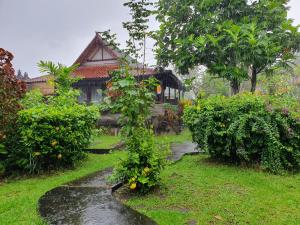
Description: Balinese people are already familiar with foreign tourists who visit the island every year, contributing to the region’s income. However, there are not many adequate facilities to improve literacy skills in this location. The low reading interest of local residents, The project was initiated by Vern Cork, an Australian writer with a long association with the local Balinese Community. The current books to be collated are a collection of three generations of the family of Ibu Dayu’. This library will be used by local residents to hold educational sessions to stimulate creativity and increase reading interest in the younger generation.
Type of Work: Project: Organizing a small community library. To increase reading interest among residents, we collaborate with local communities and volunteers to create a simple library that can be accessed by local residents.
Work: Book Cleaning Arranging books on the bookshelves based on subject categories such as History, Culture, society, Law, politics Running a non-formal education session with local youth and children Creating a digital record of the books Volunteers will write their own story during the project, to leave as a record
Study Theme: Aims: Ensure bookshelves and books are in a sound state for long-term public access Excite local children to the prospect of book learning Arrange a small library for the local community and provide it with a digital catalog Conduct intercultural learning with the local community
Accommodation: Sua Bali Resort, Males & Females will be in separate rooms and will stay in the neighborhood of the host family with the use of a shared toilet and kitchen.
Language: English must be spoken among volunteers. But, you may heard local volunteers will talk with locals in Bahasa Indonesia or Balinese language for certain time.
Requirements: Feel free to bring equipment or educational materials to have fun with local children at your campsite. Sua Bali is a simple resort in the old Balinese style and away from the tourist areas. Volunteers must be prepared for a very simple lifestyle.
Approximate Location: Banjar Medahan, Kemenuh, Kec. Sukawati, Kabupaten Gianyar, Bali Gmap Link: https://maps.app.goo.gl/MVD9cikc7CGkpE689
Notes: Fee: 75 Euros The fees will cover your accommodation, food, local transport during the project, project materials, and management fees. The project is a joint project of IVP Indonesia and IVP Australia
Camp Photographs
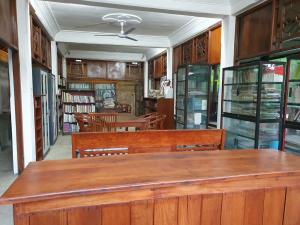
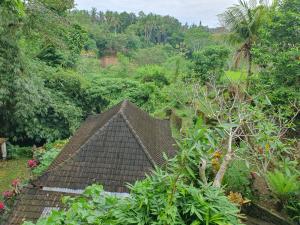
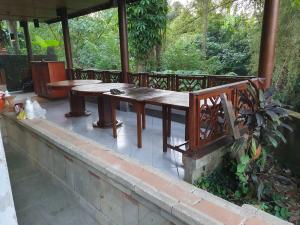
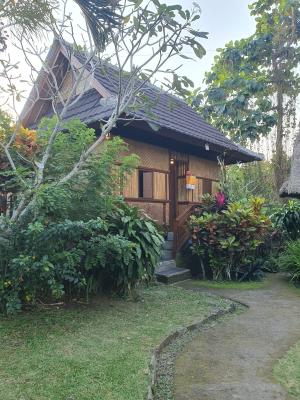
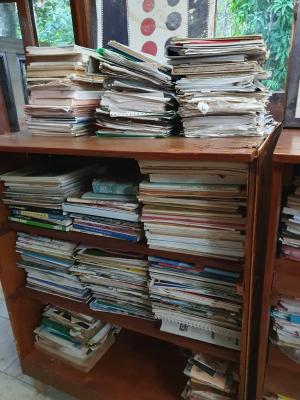
NVDA newsletter Vol.17.
Dear members
Here I’m sending you the NVDA newsletter Vol.17.
Behalf of EC and Sec., I would like to thank the members who send their news/articles for the newsletter.
Best wishes
Nori



 Casper Bo Danø, CEO of FriSe (Volunteer Centers and Peer Groups Denmark) specializes in
Casper Bo Danø, CEO of FriSe (Volunteer Centers and Peer Groups Denmark) specializes in  Lejla Šehić Relić is the founder and CEO of the organization for
Lejla Šehić Relić is the founder and CEO of the organization for  Andrea Wigfield is Professor of Applied
Andrea Wigfield is Professor of Applied  Nichole Cirillo is the Executive Director of IAVE – International Association for Volunteer Effort. Nichole has significant executive experience across environmental and
Nichole Cirillo is the Executive Director of IAVE – International Association for Volunteer Effort. Nichole has significant executive experience across environmental and 

